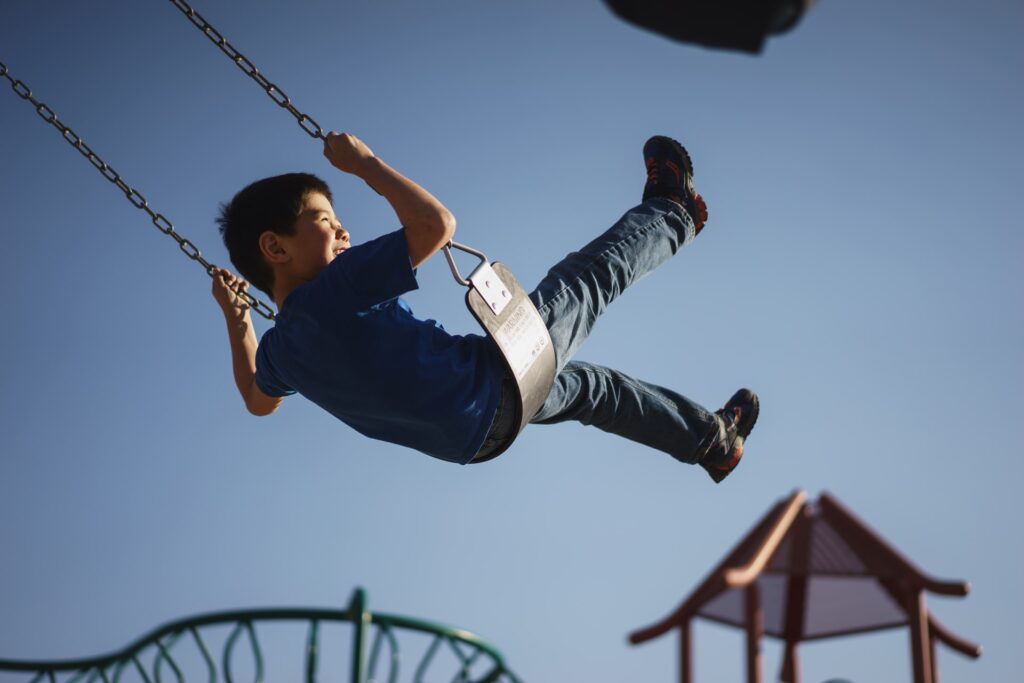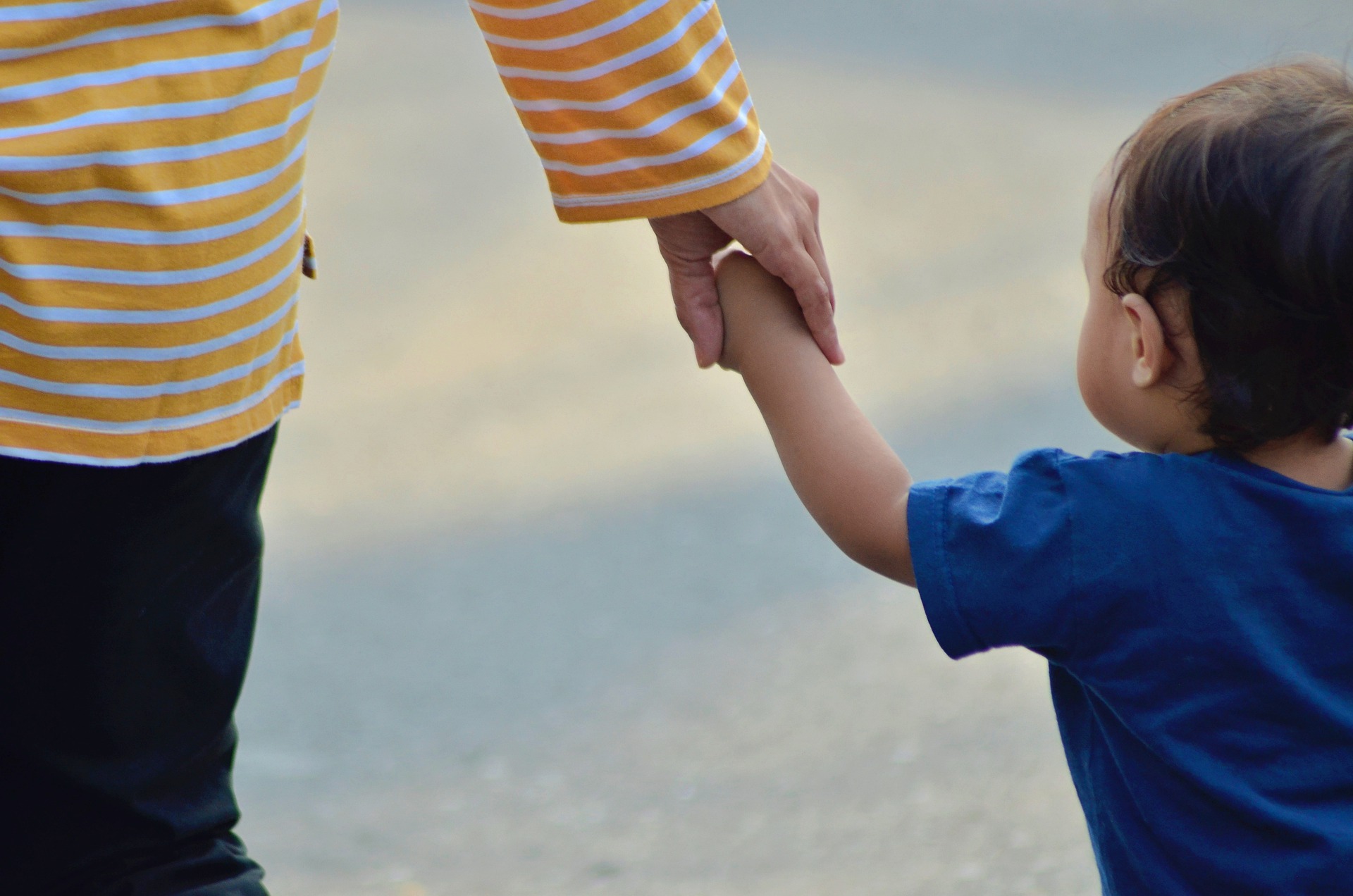Many families in Australia face the problem of separation or divorce. Whatever the reasons are, this is a difficult process for everyone involved. But it is especially difficult for a child to watch how the two most important people for him diverge in different directions.
Parental divorce is a watershed moment for children, especially if their subsequent lives are significantly different from their previous ones.
Here is a couple of advice on how to protect your children during the divorce process:
1. Communicate your decision with the other parent.
Maintain an optimistic attitude (at least outwardly) so that the news becomes as less painful for the child as possible.
2. During those moments when you are calm, take time to talk with your child about his reaction to the crisis in the family.
Encourage your child to talk about sadness, fear, or anger they may feel. Listen compassionately to everything he has to say and help him identify his emotions. You may learn about fears you never knew existed before.
3. Explain the reasons.
Tell them that you are not happy together and have decided to live apart to remain friends. Emphasise that everything will not be the same, some things might change, but the attitude towards him will remain unchanged.

4. Do not criticise the other parent.
Whatever happens between your ex-spouses, at least remain neutral in front of your child. That will make pressure on a child, and he will think that he must choose a side.
5. Listen to your child.
The kid can experience a variety of emotions, including anger. Explain that it’s okay to be sad about this. Let your child express their own point of view without imposing your opinion on him.
6. Remain calm.
You have to take care of the best interests of the child. You can make the best decision if you forget about your own feelings for a while.
7. Take care of yourself.
This is necessary to support the child. Ask other family members and friends to help you with business or advice, contact a psychologist if necessary.
8. Hire a professional.
People often forget about their kids during the divorce and that is the time kids need them the most. Don’t try to solve everything by yourself.
Divorce is a complex process, and you will definitely need a professional who will worry about all the things that you don’t have time to. Hiring a good family lawyer in Sydney will save you big time.
There is very good content online for you to read and find some guidance for complex settlements and other advice regarding Family laws, check our favorite blog with the most amazing articles to guide you.

9. Be patient.
As a rule, it takes a child at least two years to emotionally recover from a divorce.
10. Follow your daily routine.
Do your best to keep your child’s life pace. Continue to arrange children’s parties, travel, chat with friends. All this will help your kid to feel that the world is still safe and predictable.
Don’t let your children become intermediaries.
If you feel that your child is trying to mediate between you and your spouse, take this as a sign that the level of conflict in your home is too high. For your child’s well-being, you must defuse the situation.
Use emotional parenting techniques to find out how your child is feeling. If you have a small child, let him know that solving these issues is not his responsibility, that adults must figure it out for themselves and that everything will be fine.
With an older child, the conversation can be more difficult, but try to convey the same message — that mom and dad must resolve their conflicts themselves.
Tell your child that you understand that your fights are upsetting him, but sometimes they are necessary because they allow you to overcome differences. And be sure to reassure him that Mom and Dad are trying to find a way to improve the situation.
And remember, to protect children from the negative consequences of marital conflict, you need to remain emotionally available to them.
If despite the stress and marital crisis, parents can focus on the practice of emotional education, they will be of great service to their children.
Children need emotional closeness with their parents, especially when families are going through turmoil.
Article by Patrick Adams
Patrick is a member of Alejandra’s Life Family Team



